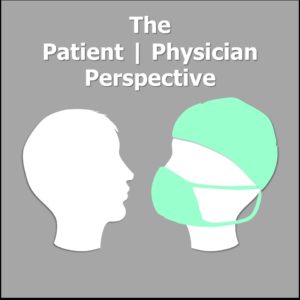Adventure #6: Climbing to the Top of the World (or the Halfway Point at the Local Gym)
One of my bucket-list goals before I die is to climb Mount Everest and Mount Kilimanjaro. Where did this come from? I’m not entirely sure. Yet something about climbing the tallest two mountains in the world has always appealed to me; I like challenges, and I can see no greater challenge to my physical and mental fortitude. However, even though I try to work out regularly, I’ve never gone rock climbing in my life. Therefore, keeping this bucket-list goal in mind, I decided to grab some friends and go rock climbing for my next adventure.






